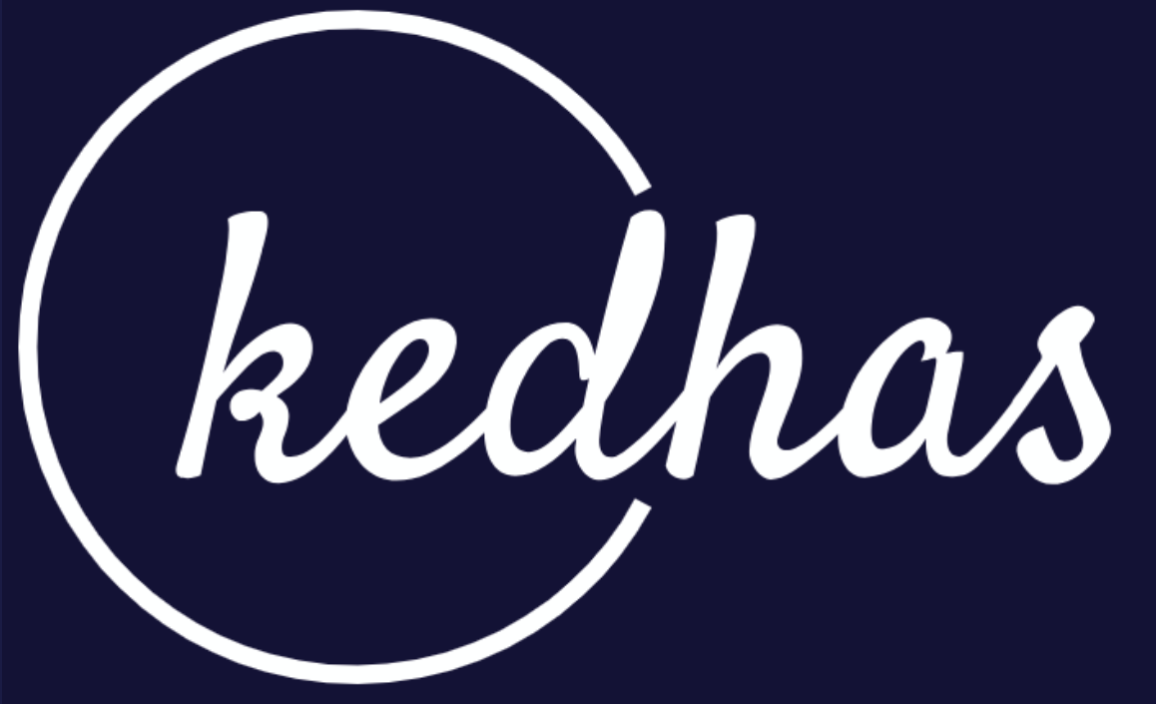Kotlin Basics
In this section, we'll delve into the core concepts that form the foundation of Kotlin programming. Whether you're new to Kotlin or looking to refresh your knowledge, this section aims to provide a comprehensive yet concise overview of the language's basics. We'll cover a range of topics essential for effective Kotlin development, particularly in the context of Android Native applications.
Topics to be Covered
Variables and Constants
Learn the difference between mutable variables and read-only variables, and how to declare and initialize them in Kotlin.
Data Types
Get acquainted with Kotlin's rich set of built-in data types, including numbers, strings, and booleans, and understand their usage.
Operators
Discover the operators available in Kotlin for arithmetic, comparison, and logical operations, and how they streamline code.
Control Flow
Understand the control flow mechanisms in Kotlin, including loops and conditional statements, to write more dynamic and flexible code.
Functions
Learn how to define and call functions, pass parameters, and return values to modularize your code effectively.
Null Safety and Optionals
Explore Kotlin's robust features for null safety and understand how to work with optional types to write more reliable code.
Arrays and Lists
Dive into Kotlin's collection types like arrays and lists, and understand how to manipulate collections.
Maps
Learn how to work with key-value pairs using maps to store and retrieve data efficiently.
Enumerations
Understand how to use enumerations to group related values together, making your code more readable and maintainable.
Data Classes and Objects
Learn the difference between data classes and objects, and when to use each to model your data effectively.
Interfaces and Extensions
Get introduced to interfaces for defining blueprints and extensions for adding functionalities to existing classes.
Error Handling
Learn the Kotlin way of handling errors using try, catch, and throw statements to write robust applications.
By the end of this section, you'll have a solid understanding of Kotlin's fundamental concepts, equipping you with the knowledge you need to develop Android Native applications effectively.
Book a conversation with us for personalize training today!

